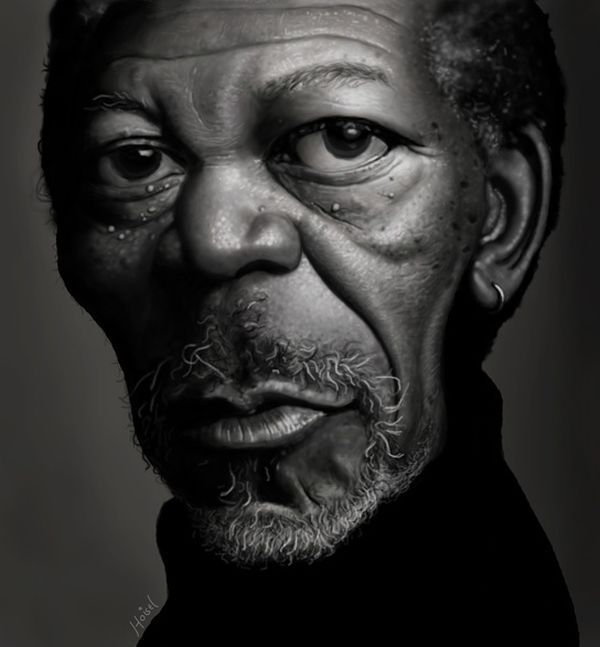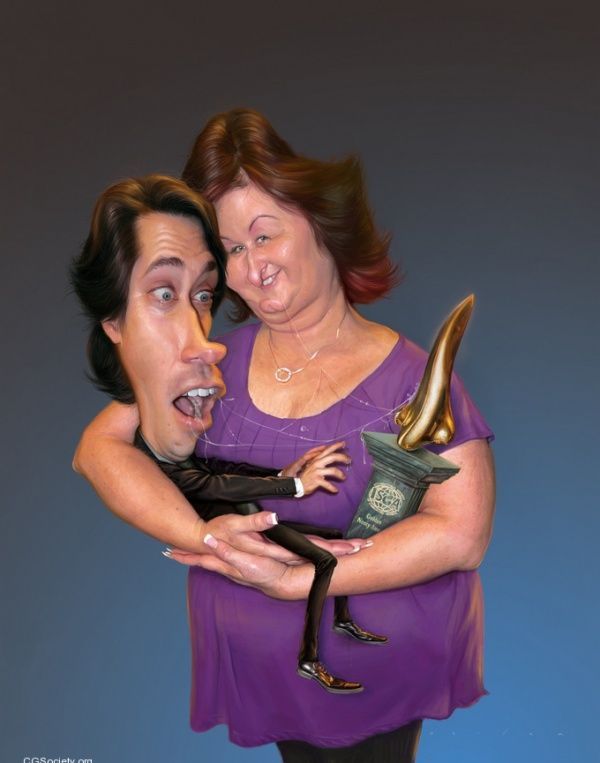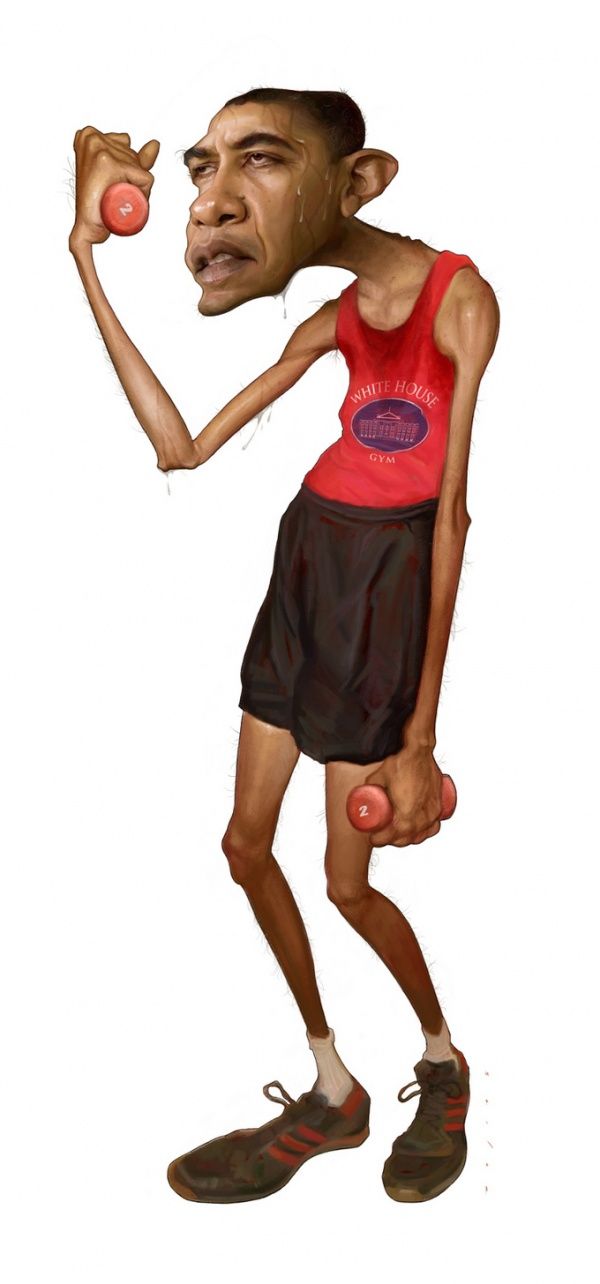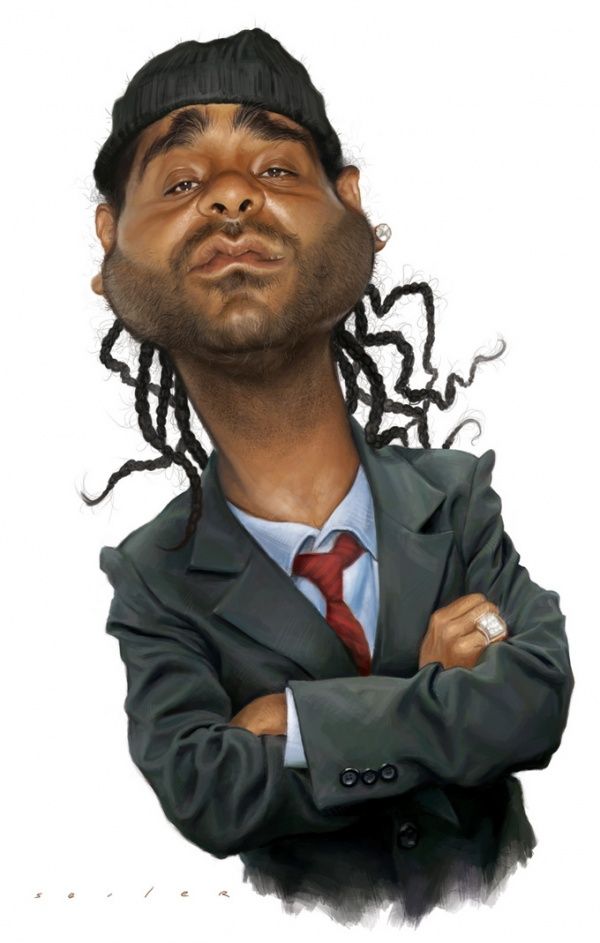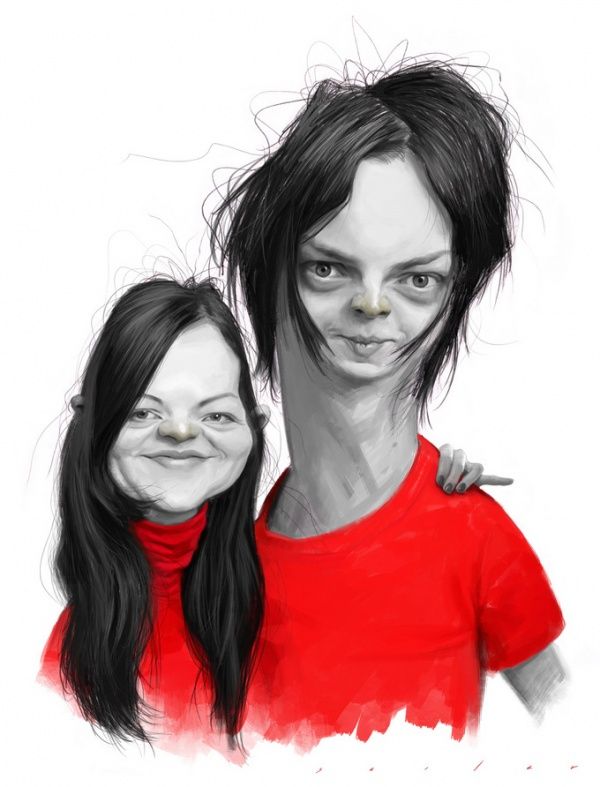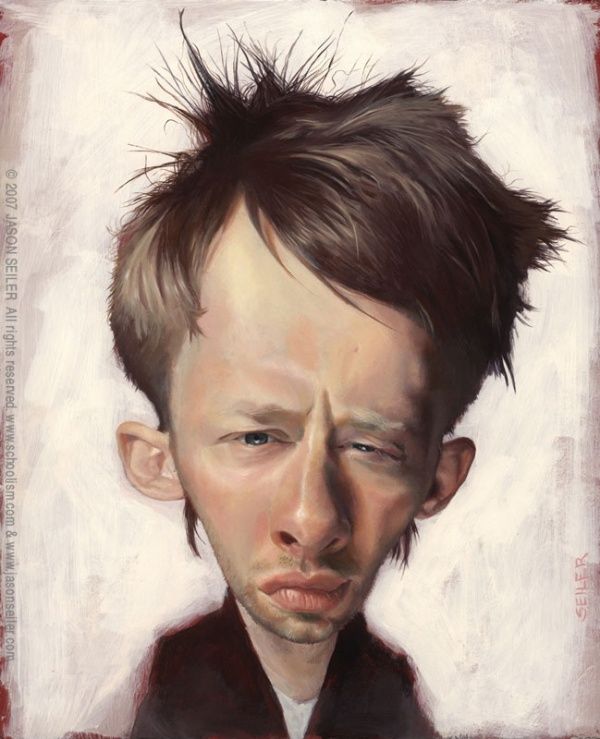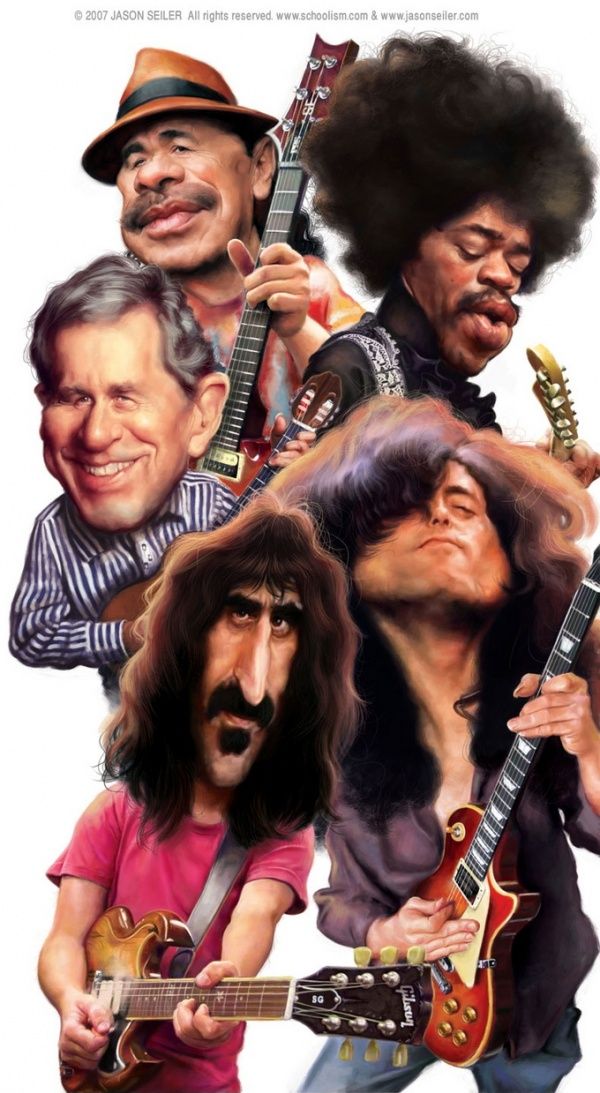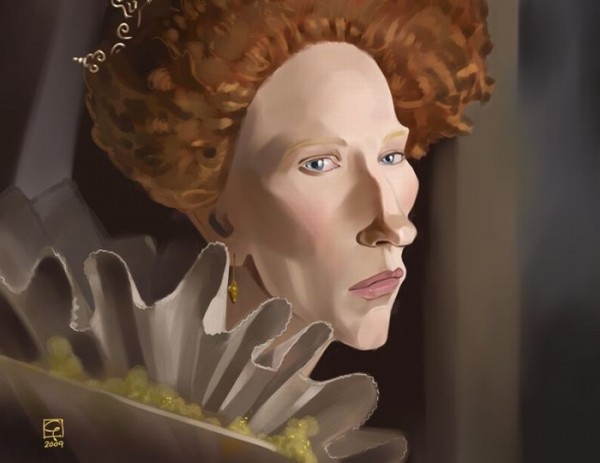10. Italy

The Stereotype: Italians are mobsters
From the Romans to the Nazis and seemingly everyone in between, kicking the Italians around has been a popular pastime. There are many stereotypes against the Italians, but the most common image of an Italian, especially those from Southern Italy, seems to be the Sicilian mobster. Southern Italians being portrayed as criminals was common in anti-Italian immigration rhetoric during the heyday of European immigration to America, and has become a staple of popular culture; for example, the Godfather series of movies. Italy has a history that has influenced most of Europe and parts of Africa – it is a culture rich in heritage and if for the great artworks alone, we owe the Italians a thank you.
9. France

The Stereotype: The French are cheese eating surrender monkeys
This one took off during the run-up to the 2003 Iraq War, when France refused to aid the US military efforts. The perception in the United States was that the French, who were and still are an ally of the US, were being cowards by reneging on their promise to assist the US militarily. Even today, popular ethnic jokes about French people speak of the country’s military ineptitude (usually in relation to World War II). The truth is, as Rudyard Kipling put it, “Their business is war, and they do their business.” And boy, have they done their business.
Since 387 BC, the French have been in a grand total of 168 major wars and won 109 of them, beating such powerhouses as the Roman Empire, the British Army and the Turks. A Frenchman, Napoleon Bonaparte, conquered most of the world in the 1800s. Sure, they surrendered to the Germans pretty quickly during WWII, but only because they hadn’t picked themselves up from WWI yet (where they suffered over 5.7 million casualties), and even then, the French Resistance picked up the slack and kicked some German tail. Not to shabby I might say.
(Side note, France has the third highest military spending of any country in the world at $65.7 billion, second only to the United States and China)

Probably one of the most reviled people on Earth, the Poles have had to put up with all kinds of insanity, including the occupation of their homeland by the Russians and later Germans during WWII, and the stereotype of the stupid Pole, perpetuated by their occupiers, has continued to survive today in the form of the “dumb Polack” joke about Polish attempts to change a lightbulb or underwater transport disasters.
IQ tests aren’t perfect, but when the country you’re joking about does better when IQs are averaged together then your own, its time to scale back the submarine screen door jokes. Yes, Poland bested the US in the IQ department, along with Australia, Denmark and Norway (among others) with an average IQ of around 99, as opposed to 98 for the others. A Pole (Nicolaus Copernicus) gave us the heliocentric theory. Also, all the mathematicians who broke the German ENIGMA code hailed from Poland. This isn’t even getting to such greats as piano virtuoso Frederic Chopin and Marie Curie, who won two Nobel Prizes for her research into radioactivity.

We have a tendency to name just about every drink with vodka in it “(fill in the blank) Russian”, and it all comes from the stereotype of the giant hairy bearded Russian man named Ivan superhumanly blitzed on the stuff and arm wrestling a bear.
But how much do they really drink? About 10.8 liters per capita in a given year, just slightly more than the United States at 8.6 liters. In other words, not much more than most other countries do. Sure, the Russians have their problems that many would like to drink away, but most of them also have jobs they have to go to in the morning, where we’re sure it’s frowned upon to show up to work sloshed and trying to wrestle some hairy guy named Pavel who works in the mailroom.

The Stereotype: The Irish are slovenly and poor
This one has been a staple of British stereotypes of the Irish people, and for a while was popular in the United States as waves of Irish immigrants crossed the Atlantic to start a new life in America. Political cartoons of the 19th century depict Irish people as slobs who exist only to take up menial, low-paying jobs, the money they spend in local gin joints to get hammered. Irish people were, and sometimes are, stereotyped also as slovenly and lazy, living off of social welfare rather than holding an actual job.
In reality, though the economy has taken a huge hit due to the global economic turndown, the Republic of Ireland is one of the most developed countries in Europe thanks to economic modernization. Although unemployment is currently high (just above 13%) only 10% live below the poverty line, as opposed to 14% in the United Kingdom and over 18% in Spain. Far from being sloths, the labor of Irish workers helped build great American cities like New York and transformed them into modern metropolises.

Israel has been taking flak since pretty much the day the country was born in 1948. On the day of the country’s birth, tanks from the neighboring countries of Jordan, Lebanon, Egypt, Iraq and Syria stormed across the border. Any history student can tell you how that one turned out, and since then, Israel has been under near constant siege by armed Islamist groups seeking it’s destruction. So where does the stereotype come from?
Arab media routinely depicts Israelis as bloodthirsty monsters who kill just about everything in sight (kind of the same way they depict Americans). Individual atrocities (real or, more often, faked) are overhyped to paint the entire country as evil. The international media doesn’t help, as they will often pick up stories uncritically and run them day and night. More sinisterly, these stories often take a decidedly anti-Semitic tone, often repeating ancient blood libels in whole or redressing them in a modern fashion, like for instance, Arab propaganda that states that Israeli soldiers steal the organs of dead Palestinians to sell on the black market, which carries a disturbing tone of ancient anti-Semitic blood libels.

“Brazil”. What’s the first thing that comes to mind when you hear someone say that? Chances are if you’re a college kid with a library of Girls Gone Wild DVDs in your collection that you hide under the bed whenever mom comes to visit, you think skimpy bathing suits and girls who will sleep with anyone who asks. The stereotype isn’t helped by the myriad of porn sites that offer XXX videos of random Brazilian girls having sex with some oaf with a video camera (don’t ask how I know that, you don’t want to know).
While Brazil’s reputation as a sexually liberal country is well-earned, its no more so than the average Western country. Those skimpy bikinis everyone thinks the country is so famous for? They’re worn because locally they’re considered “cute”, and not usually geared toward landing a man. On the contrary, everything seems to indicate that the Brazilians value sensitivity and tact over forwardness.
Britain is famous for many things; London Bridge, Buckingham Palace, and something called jellied eels. They’re also the victims of an accent stereotype. When you ask someone to impersonate a British guy, the first thing they’ll usually do is imitate Dick Van Dyke singing one of the happy clappy songs from “Mary Poppins”.
In truth, Britain is like a lot of European countries; a bunch of different cultural backgrounds shotgunned all over the place. As a result, accents actually vary across the place. People from Wales and Northern Ireland of course have their own, and in England proper, there a myriad of accents, all sounding slightly different. The “Cockney British” thing is a stereotype perpetuated by media depictions of British people (Dick Van Dyke), and most British folks will take offense at the suggestion they all have the same accent.

Nearly every single Swedish person in media has been depicted with the classic fair haired “Nordic” look, from classic cartoon Vikings to the abominable “Swedish Bikini Team” who pitched Old Milwaukee beer.
In truth, the Swedes have a variety of hair colors, from the classic Nordic blond look, to darker colors like brown and red. Gold medal winner at the Vancouver Olympics Charlotte Kalla was a brunette, as were several of her teammates. Sorry guys, but Old Milwaukee lied to you.

Americans have no clue about anyone else’s culture, so the stereotype goes. Americans are so dumb and have no culture of their own, and are therefore inferior to the enlightened souls in Europe and elsewhere. Oh, we’re racist too. The stereotype is prevalent in European media, and unfortunately the “dumb, redneck American” has become a favorite way for the American left to describe their ideological opponents.
OK, I admit, Americans aren’t all experts at foreign culture, but the idea that we know nothing about them is ridiculous. Most Americans do in fact have a grasp of the rest the world, and some study it as a hobby (myself included). While there are genuine racists in America, it’s a side effect of the right to free speech, not a parcel of the culture. The vast majority of Americans find racism just as repulsive as the rest of the world does. Far from being stupid, Americans score well on IQ tests (98, beating or tying with several European countries), and several Americans have won prizes for scientific achievement. As for culture, American culture is not a monolithic entity like other cultures, but a hodgepodge of various cultures from immigrant communities all rolled into one, hence the national motto, E Pluribus Unum (Out of many, one).
sumber : http://feedproxy.google.com/~r/TheListUniverse/~3/BTTUC0rquf8/


















